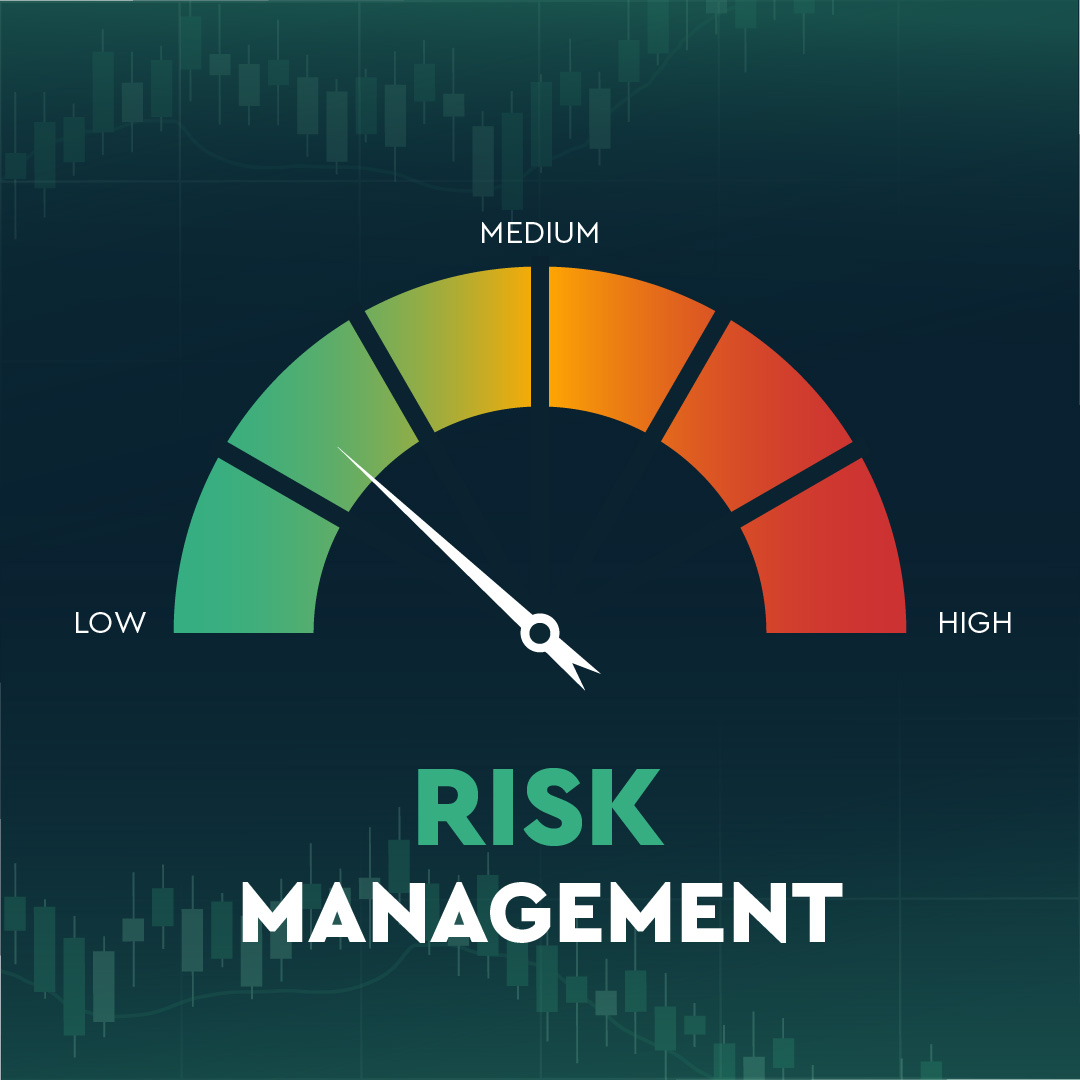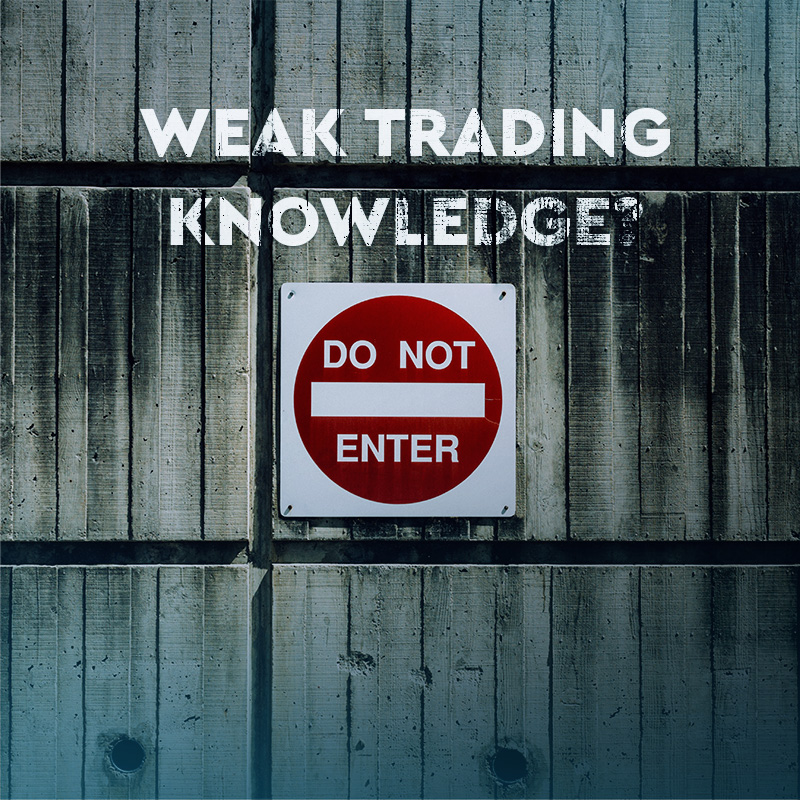Trading risks
Trading involves taking risks, and traders must be aware of and manage these risks effectively in order to minimize potential losses. Market risk is inherent in trading and refers to the possibility that the value of an asset may decline due to changes in market conditions. Traders must keep up-to-date on economic data, geopolitical events, and other factors that can impact market conditions in order to make informed trading decisions. Liquidity risk is another important risk to consider, as traders may not be able to buy or sell an asset quickly enough to prevent losses. Traders must also consider credit risk, which refers to the possibility that a counterparty may default on their obligations,
and operational risk, which refers to the possibility of losses arising from errors or failures in trading systems or processes. Regulatory risk must also be considered, as changes in regulatory or legal requirements can impact trading activities or the value of assets. Finally, traders must be aware of behavioral risk, which refers to the possibility that emotional or irrational decisions can lead to losses. In order to manage these risks, traders must have a well-defined trading plan, implement robust risk management and compliance procedures, and remain disciplined in their approach to trading. By managing risks effectively, traders can minimize potential losses and improve their chances of success in the market.
How much should I risk per trade?
Correct risk per trade is a crucial concept in trading that can make the difference between success and failure. It refers to the amount of money that a trader is willing to risk on each trade based on their overall trading strategy and risk tolerance. The correct risk per trade should be carefully determined before entering into any trading position.
The risk per trade is often expressed as a percentage of the trader’s account balance or equity. For example, a trader who is willing to risk 2% of their account balance on each trade would only risk $200 on a $10,000 account. This helps to limit the potential losses and ensure that the trader has enough funds to continue trading even after a losing streak.
The correct risk per trade varies from trader to trader and depends on various factors such as their trading style, experience, and risk appetite. A beginner trader may prefer to use a smaller risk per trade until they gain more experience and confidence. On the other hand, a more experienced trader may be willing to take on more risk.
It’s important to note that the correct risk per trade is not a fixed number and should be reviewed regularly to reflect changes in market conditions, account balance, and trading performance. By carefully determining and monitoring their risk per trade, traders can help minimize losses and maximize their potential for long-term success in the markets


% of losing traders
It is difficult to estimate the exact percentage of traders who lose money, as there are many factors that can influence trading success or failure. However, various studies and surveys suggest that a significant percentage of traders do lose money.
For example, a study by the Autorité des marchés financiers (AMF) in France found that between 2009 and 2012, 89% of retail traders lost money, with an average loss of €10,900. Similarly, a study by the National Futures Association (NFA) in the United States found that 75% of retail forex traders lost money between 2004 and 2013, with an average loss of $15,000.
It is worth noting that trading is a complex and challenging endeavor that requires skill, discipline, and experience to be successful. In addition to market risks, traders must also manage a range of other risks, including operational risks, credit risks, and behavioral risks. Moreover, traders must be able to adapt to changing market conditions and continually refine their strategies to remain successful over the long term.
While many traders do experience losses, it is possible to be successful in trading with the right mindset, education, and approach. Successful traders often have a well-defined trading plan, strict risk management strategies, and a focus on consistency and discipline in their trading activities.

I do not wanna be a losing trader!
OFX developed a tailored educational trading program for beginner and advanced traders. Join hundreds of students all across the world!

